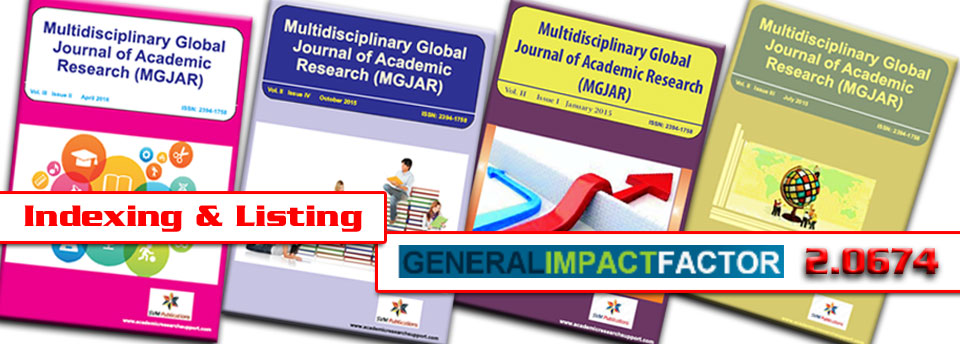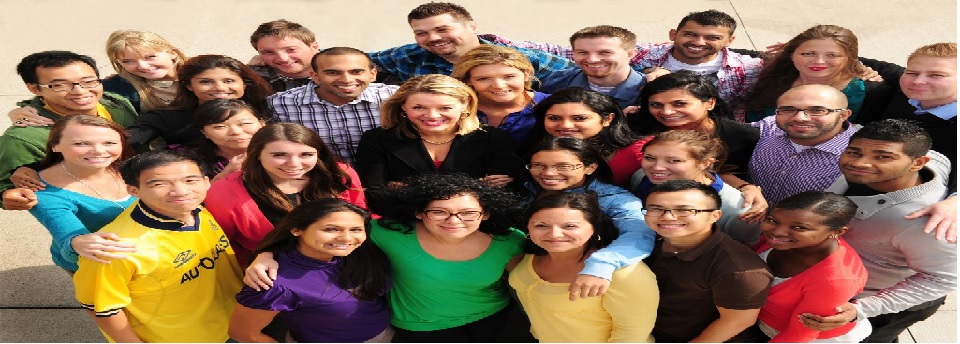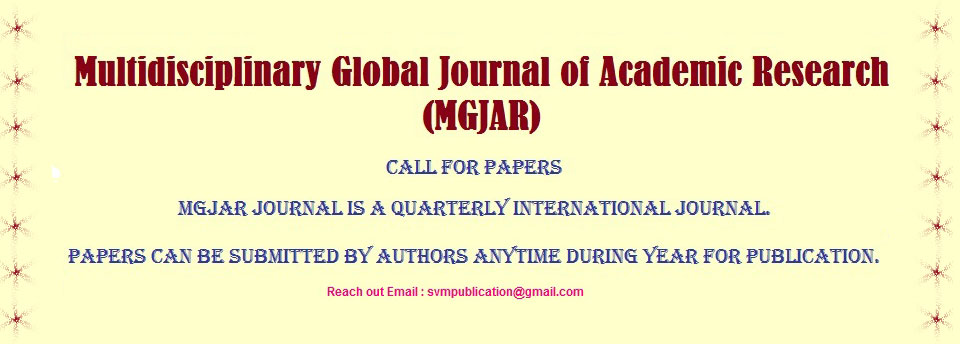PUBLICATION-ETHICS
The MGJAR journal is committed to upholding the highest standards of publication ethics. All authors submitting their works to the MGJAR journal for publication as original articles attest that the submitted works represent their authors’ contributions and have not been copied or plagiarized in whole or in part from other works. The authors acknowledge that they have disclosed all and any actual or potential conflicts of interest with their work or partial benefits associated with it. In the same manner, the MGJAR journal is committed to objective and fair double-blind peer-review of the submitted for publication works and to prevent any actual or potential conflict of interests between the editorial and review personnel and the reviewed material. Any departures from the above-defined rules should be reported directly to the Editors-in-Chief, who is unequivocally committed to providing swift resolutions to any of such a type of problems. It is important to avoid:
Data fabrication and falsification:
Data fabrication means the researcher did not actually do the study, but made up data. Data falsification means the researcher did the experiment, but then changed some of the data. Both of these practices make people distrust.
Plagiarism:
Taking the ideas and work of others without giving them credit is unfair and dishonest. Copying even one sentence from someone else’s manuscript, or even one of your own that has previously been published, without proper citation is considered plagiarism-use your own words instead.
Multiple submissions:
It is unethical to submit the same manuscript to more than one journal at the same time. Doing this wastes the time of editors and peer reviewers, and can damage the reputation of journals if published in more than one.
Redundant publications (or ‘salami’ publications):
This means publishing many very similar manuscripts based on the same experiment. It can make readers less likely to pay attention to your manuscripts.


















